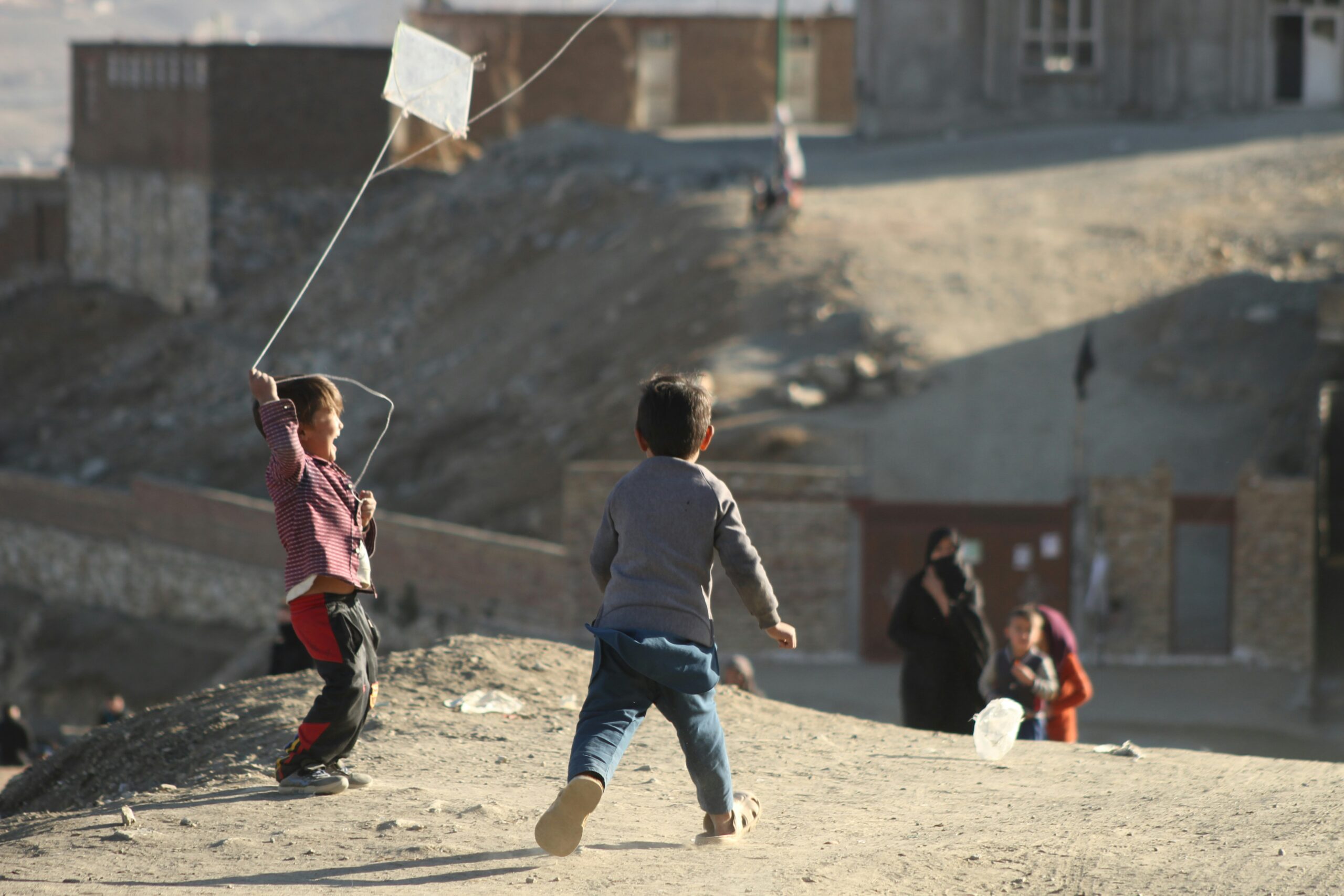Connecting Climate Minds, 2024

The researchers selected Kandahar and Herat for field work due to the prevalence of COVID-19, insecurity, and climate change. They also considered practical aspects and contextual understanding of these provinces from past research conducted in these areas. For example, losing a harvest season due to climate change and a reduction in the rain when people need water to irrigate their land. The research involved a mixed-method Q-squared approach to investigate poverty and well-being dynamics, including livelihood trajectories. The qualitative toolkit used key informant interviews and life history interviews with women and men in the study sites. The questionnaire tool was tested in a rural context near Kabul, with the study site selected based on security, health, and feasibility considerations. The research team gathered to assess the testing results and collected qualitative data between June and late July 2021. The research aimed to understand well-being, livelihood trajectories, and the impact of crises on households, and it encountered challenges related to security, gender norms, and compounded crises.



